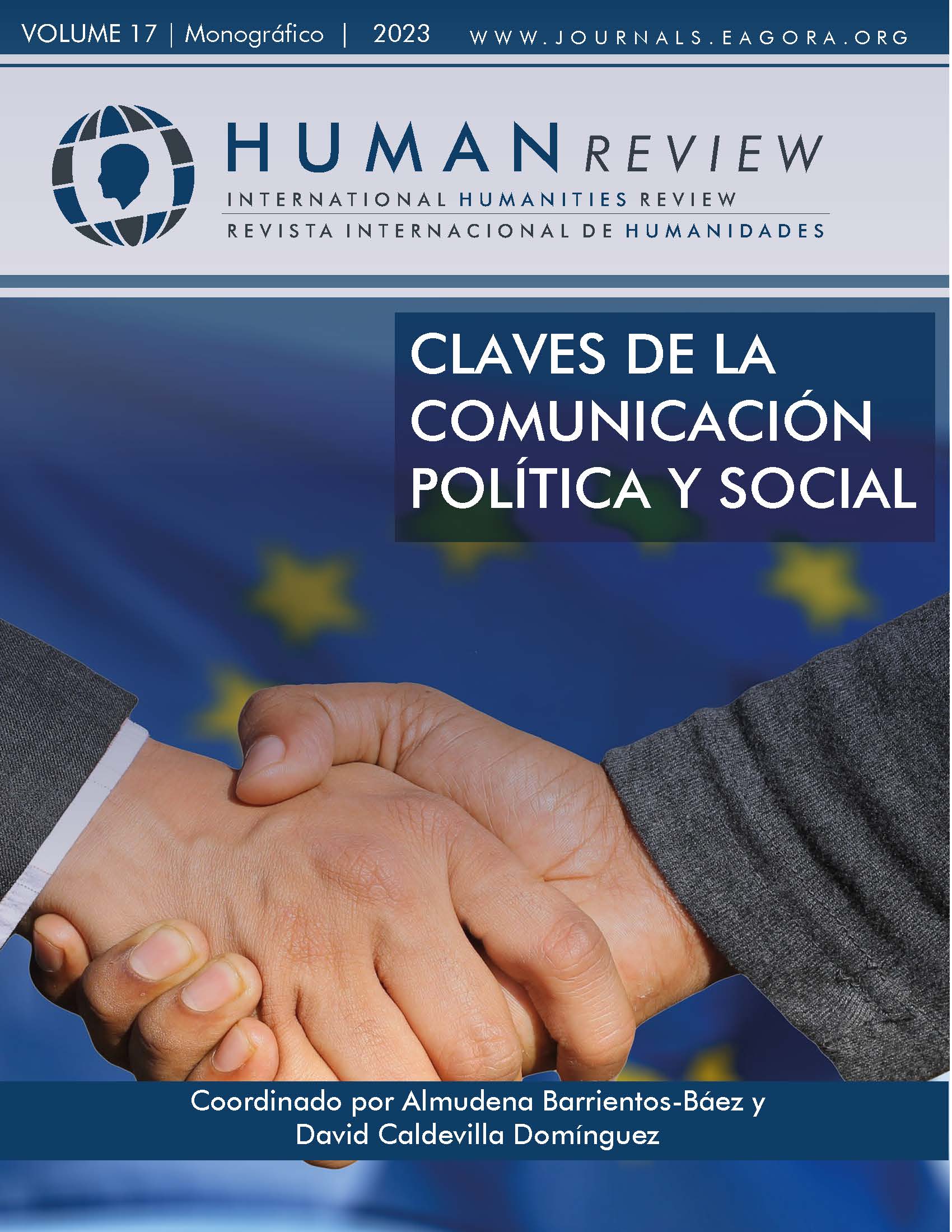Effects of corporate governance on the public sector: the case of portuguese municipalities
DOI:
https://doi.org/10.37467/revhuman.v17.4847Keywords:
Local administration, Municipalities, Corporate governance, Governance, Transparency, AccountabilityAbstract
In this article we will characterize public governance in the municipal area, tracing a perspective of its evolution in Portugal.
Corporate governance has deserved increasing attention to this part for some years now, incorporating a set of rules and procedures that aim to optimize the performance of an organization, with observance of principles such as transparency and accountability.
Public policies and public administration in general are increasingly influenced by principles and procedures specific to the private sector, with new governance being an administration that is closer to the market.
It is concluded that public sector governance currently tends to replace hierarchical and bureaucratic approaches for a more transparent administration.
References
Albalate del Sol, D. (2013). The institutional, economic and social determinants of local government transparency. Journal of Economic Policy Reform, 16(1), 90-107. https://doi.org/10.1080/17487870.2012.759422
Amaral, D. F. (2009). Curso de Direito Administrativo. (Volume I). Almedina.
Balaguer-Coll, M. T., Prior, D., & Tortosa-Ausina, E. (2010a). Decentralization and efficiency of local government. Annals of Regional Science, 45(3), 571–601. https://doi.org/10.1007/s00168-009-0286-7
Barrett, P. (2002). Achieving better practice corporate governance in the public sector. Australian National Audit Office. www.anao.gov.au
Brusca, I., Rossi, F. M., & Aversano, N. (2018) Accountability and Transparency to Fight against Corruption: An International Comparative Analysis. Journal of Comparative Policy Analysis, 20(5), 486–504, https://doi.org/10.1080/13876988.2017.1393951
Caldeira, D. (2013). Proteção Civil: Um novo paradigma para o desenvolvimento local. Edições Universitárias Lusófonas. https://recil.grupolusofona.pt/bitstream/10437/3408/1/protecao_civil.pdf
Castanheira Neves, M. J. L. (2004). Governo e Administração Local. Coimbra Editora.
Cuadrado-Ballesteros, B. (2014). The impact of functional decentralization and externalization on local government transparency. Government Information Quarterly, 31(2), 265–277. https://doi.org/10.1016/j.giq.2013.10.012
Chhotray, V., & Stoker, G. (2009). Governance theory and practice: a crossdisciplinary approach. Palgrave Macmillan.
Daniele, G., & Geys, B. (2015). Public support for European fiscal integration in times of crisis. Journal of European Public Policy, 22(5), 650–670. https://doi.org/10.1080/13501763.2014.988639
Denhardt, R. & Catlaw, T. J. (2017). Teorias da Administração Pública. (Vol. 2). Cengage Learning.
De Oliveira, A. C. (2013). Direito das Autarquias Locais (2ª Ed.) Coimbra Editora.
Ferreira Da Cruz, N. R., & Marques, C. (2011). Índices de Governança Municipal: Utilidade e Exequibilidade. INA 2011. https://core.ac.uk/download/pdf/47236453.pdf,
Grimmelikhuijsen, S. G. (2010). Transparency of public decision-making: Towards trust in local government?. Policy and Internet, 2(1), 4–34. https://doi.org/10.2202/1944-2866.1024
IFAC. International federation of accountants (2001). Corporate governance in the public sector – a governing body perspective. Study 13. www.ifac.org.
IFAC. International Federation of Accountants (2013a). Good governance in the public sector: consultation draft for an international framework. www.ifac.org
IFAC. International Federation of Accountants (2013b). Good governance in the public sector: consultation draft for an international framework. www.ifac.org.
IFAC. International Federation of Accountants (2014). Chartered Institute of Public Finance and Accountancy. International framework: good governance in the public sector. www.ifac.org/publications-resources/good-governance-publicsector.
Kissler, L., & Heidemann, F. G. (2006). Governança pública: novo modelo regulatório para as relações entre Estado, mercado e sociedade?.
Lei n.º 75/2013, de 12 de setembro (2013). Regime jurídico das autarquias locais
Matias Pereira, J. (2018). Administração Pública: foco nas instituições e ações governamentais. [5ª Ed.]. Atlas.
Moreira & Canotilho (2010). Constituição da República Portuguesa. Anotada.
Nakhmurina, A. (2020). Does fiscal monitoring make better governments? Evidence from US municipalities. https://acortar.link/RGP0sa
Neiva, M. (2016). O Município na Lei Autárquica: Organização e Funcionamento. https://repositorium.sdum.uminho.pt/bitstream/1822/22885/1/Mateus%20Manuel%20Arezes%20Neiva.pdf
Organisation for Economic Co-operation and Development (OECD). (2003). Public sector transparency and international investment policy, Directorate for Financial, Fiscal and Enterprise Affairs. OECD.
Peters, B. G. (2018). A boa governança (Prefácio), Em: Brasil. Guia da política de governança pública. Casa Civil da Presidência da República.
Peters, B. G. (2008). Os dois futuros do ato de governar: processos de descentralização e recentralização no ato de governar. Revista do Serviço Público, 59(3), 289-307.
Peters, B. G. (2001). The Future of Governing. (2ª Ed). University Press of Kansas.
Peters, Guy; Pierre, John. (1998). Governance without governement? Rethinking public administration. Journal of Public Administration Research and Theory, 8(2), 223-245.
Rocha, I., Pereira, A. M., Bezerra, F. A. & Nascimento, S. (2012). Análise da produção científica sobre Teoria da Agência e assimetria da informação. Revista de Gestão, 19(2), 327-340.
Rhodes, R. A. W. (2000). Governance and public administration. Em: J. Pierre (Ed.): Debating governance. Oxford University Press.
Shleifer, A., & Vishny R. W. (2012). A Survey of Corporate Governance. Wiley online Library. https://doi.org/10.1111/j.1540-6261.1997.tb04820.x
Downloads
Published
How to Cite
Issue
Section
License
Those authors who publish in this journal accept the following terms:
- Authors will keep the moral right of the work and they will transfer the commercial rights.
- After 1 year from publication, the work shall thereafter be open access online on our website, but will retain copyright.
- In the event that the authors wish to assign an Creative Commons (CC) license, they may request it by writing to publishing@eagora.org









